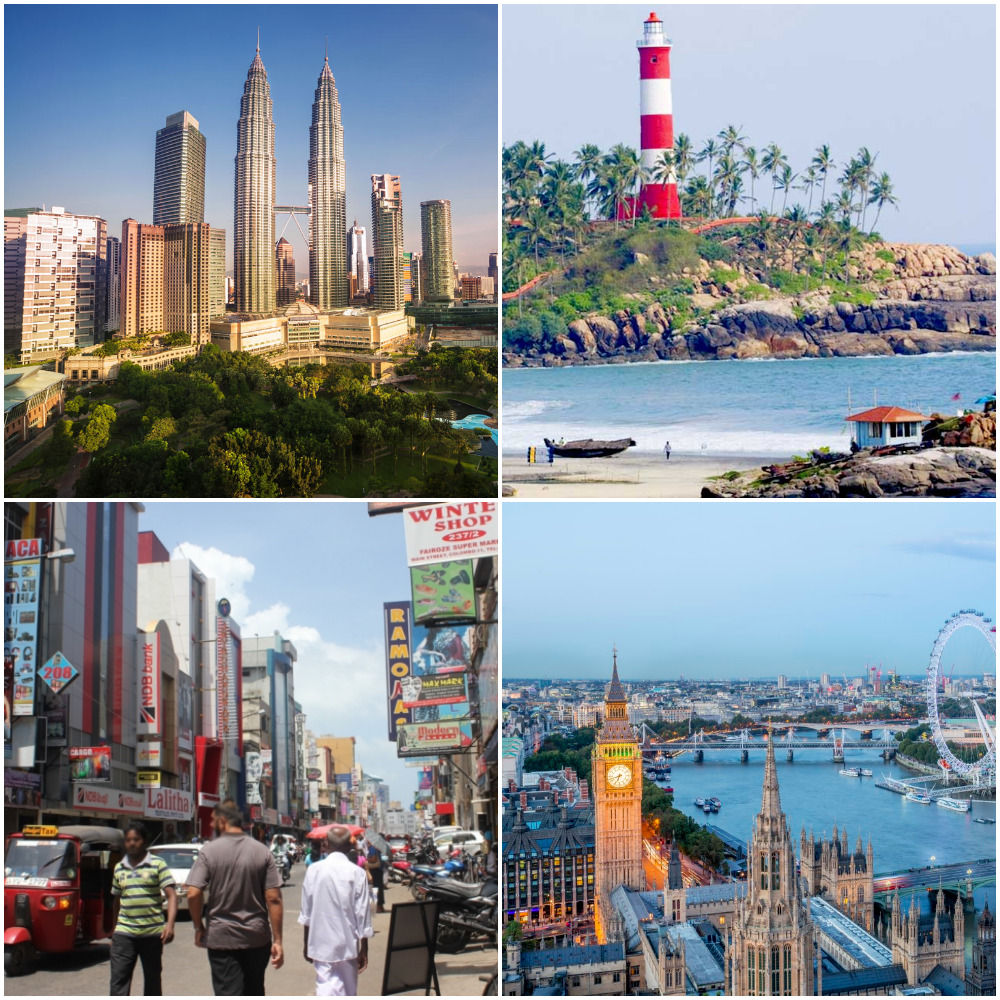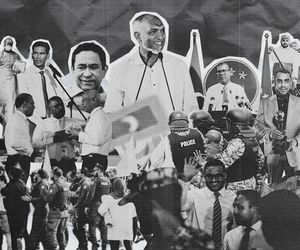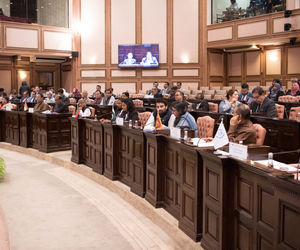Expat expectations and the Maldives election
Almost 6,000 Maldivians are registered to vote at embassies abroad.

22 Sep 2018, 09:00
Omkar Khandekar
Aik Ahmed Easa knew expat life wasn’t going to be easy when he moved from the Maldives to Malaysia to study law.
A degree was no guarantee for a job in the Maldives unless you had had political connections – a problem for anyone with a student loan because of high interest rates. Medical treatment was a minefield as the Maldivian model of universal health insurance didn’t apply abroad. Aik would often find friends suffering for weeks because private hospitals were unaffordable and the university’s insurance scheme didn’t cover all illnesses.
Then there were instances of racial profiling to deal with.
“A few months ago,” Aik recalls, “Malaysian police detained my brother for five hours on suspicion of carrying drugs.”
Become a member
Get full access to our archive and personalise your experience.
Already a member?
Discussion
No comments yet. Be the first to share your thoughts!
No comments yet. Be the first to join the conversation!
Join the Conversation
Sign in to share your thoughts under an alias and take part in the discussion. Independent journalism thrives on open, respectful debate — your voice matters.




